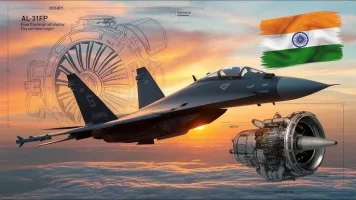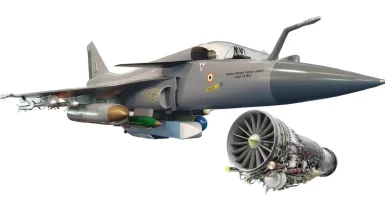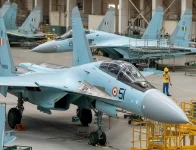- Views: 1K
- Replies: 9

Hindustan Aeronautics Limited (HAL) has shed light on the reasons behind the delay in delivering the first Tejas Mk1A fighter jet to the Indian Air Force (IAF).
Despite its maiden flight in March 2025, the handover has been postponed due to the intricate integration of the ELTA ELM-2052 Active Electronically Scanned Array (AESA) radar and last-minute software modifications requested by the IAF.
The ELM-2052 AESA radar, developed by Israel's ELTA Systems, represents a crucial upgrade for the Tejas Mk1A. It offers significant improvements in target tracking, situational awareness, and overall performance compared to its predecessor. However, integrating this advanced technology has proven to be a complex and time-consuming process, requiring close collaboration with ELTA Systems.
HAL emphasized that rigorous testing is underway to ensure the radar's reliability and compatibility with the Tejas's existing avionics and indigenous systems. This includes extensive checks to guarantee seamless operation across various combat scenarios.
Further complicating the handover are the IAF's requested software configuration changes, initially planned for later production batches. These updates aim to enhance the Mk1A's electronic warfare and mission planning capabilities, crucial for modern combat operations.
These software modifications necessitate additional testing to validate their functionality and ensure compatibility with other aircraft systems. They also require updates to pilot training programs and aircraft manuals, potentially impacting IAF operational procedures.
Despite these delays, HAL remains committed to delivering a high-quality and safe aircraft. The company stressed that the extended testing period is crucial to ensure the Tejas Mk1A meets the IAF's stringent operational requirements, especially given the complexities introduced by the AESA radar integration and software changes.
This delay underscores the challenges inherent in developing advanced fighter aircraft, particularly when integrating cutting-edge technologies and accommodating evolving operational needs.
While the delay is undoubtedly a setback, HAL's commitment to rigorous testing and quality assurance highlights its dedication to providing the IAF with a capable and reliable fighter jet.



